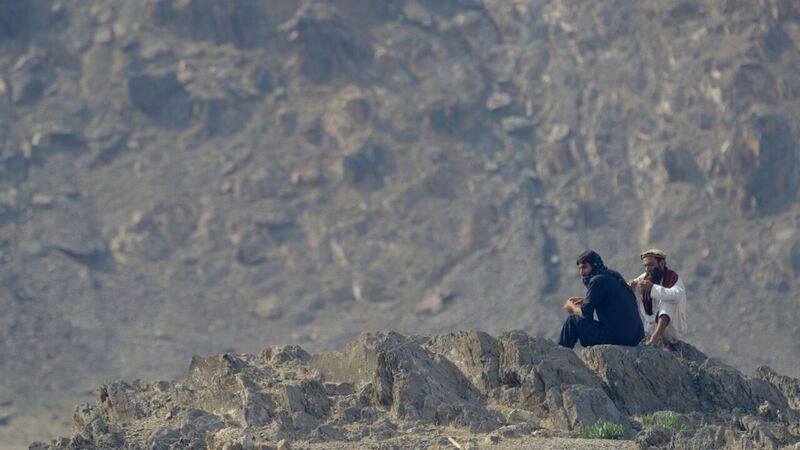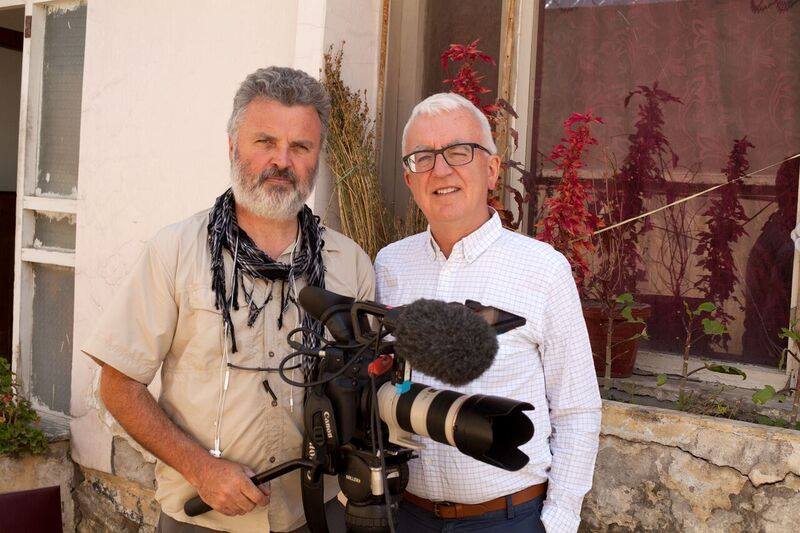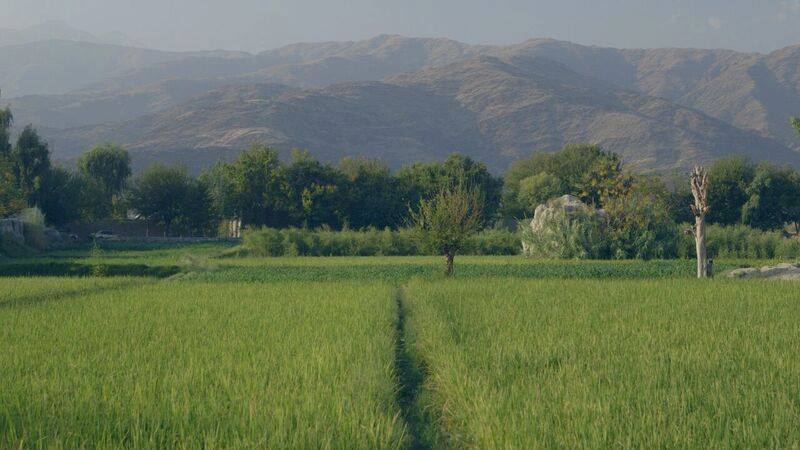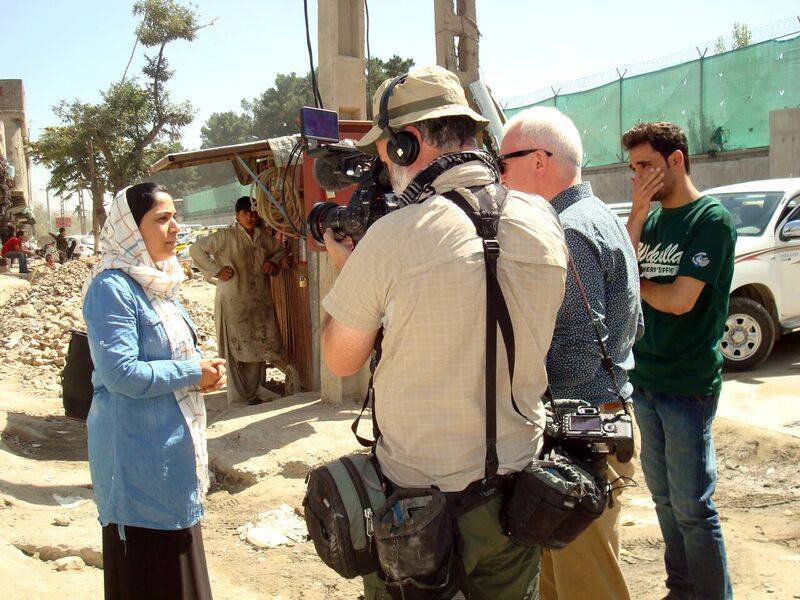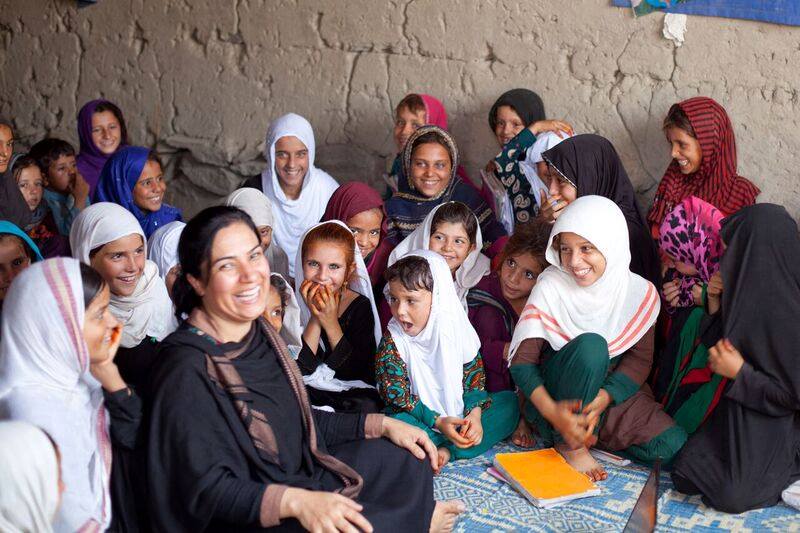This three part blog series documents an 8 day excursion in Afghanistan during the creation of a ‘What in the World?’ documentary.
Established in 1999, to date KMF Productions has produced twenty-seven documentaries in twenty-six countries in Africa, Asia, and The Americas.
The 25 minute What in the World? documentaries will broadcast on Monday evenings at 11.15pm in December on RTÉ, the national broadcaster of Ireland. The first episode focused on Afghanistan, which aired yesterday, and is now available on RTÉ Player until 31st December.
All photography credit for this series goes to © Ken O’Mahony.
Day one
The departure lounge in Dubai airport was like any other international departure lounge. We joined the queue for our 09.55 flight number EK640. Airports are liminal spaces. Places that allow for quick glances knowing that you will never again be in the same place with the same people. Quick eye contact can be easily averted and carry no threat, no risk. And so a quick surveillance reveals a group of people lost in various electronic devices – phones, tablets, laptops. Whatever happened to books?
Except this one was somewhat different. The destination was Kabul, the capital city of Afghanistan, the site of the first war of the twenty-first century. An eclectic travelling party that one usually finds in such places, this was not. There was a noticeable absence of women. Children too. Neither seen nor heard. Lots of middle aged men. Some clearly of Middle East origin. Afghans too.
What was noticeable was the number of western middle-aged men. Ken O’Mahony and I included. Some travelling alone, some in pairs but no noticeable large groups. One man had an American flag emblazoned on his t-shirt – brave if not foolhardy, I thought. Once boarded two guys sitting in front of me watched Rambo type films all the way on the three-hour flight. As if they haven’t had enough of it in the real world. Passport control was a formality. Just as my passport was handed back to me the official said: “Welcome to Afghanistan”.
This blog was written while we were in Afghanistan and published on our return. It wasn’t safe to do so while we were there.
Day 2

Having spent the night in a safe house Ken and I met with Malalai Joya. About six or seven years ago I read Peter Braaksma’s book Nine Lives that features stories of nine people across the world who have made a singular contribution to human rights. Included was human rights activist and putative presidential candidate in 2019 Malalai Joya – “I’m a social feminist”, she told me. “I’m opposed to fundamentalism and imperialism, the twin enemies of humanity”.
For years I have conducted an extensive conversation with the Defense Committee for Malalai Joya, or DCMJ for short; the organisation that organises her protection and security about the possibility of travelling to Afghanistan to make a documentary on Malalai. Those conversations have eventually brought me here to meet with Malalai in person.
Described by the BBC as the bravest woman in Afghanistan, one year after her birth in 1978 following the invasion of the Soviet Union, her family fled first to Iran and then to Pakistan returning to Afghanistan as a late teenager. Later, she was the youngest woman ever to be elected to the Afghan parliament.
Malalai was suspended in 2007 for her denunciation of the Afghan warlords and has lived in hiding ever since. She has been subjected to numerous death threats and assassination attempts. She is the reason we are here. And the film we are about to make is about her and the country of Afghanistan.
Note: this blog series was originally published as a production diary on the KMF Productions Facebook page in October 2016.
Check out out more blogs in our notes from series on developmenteducation.ie

